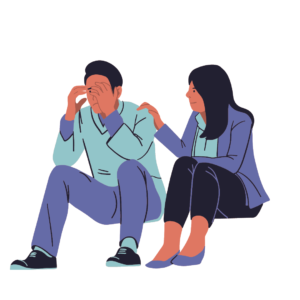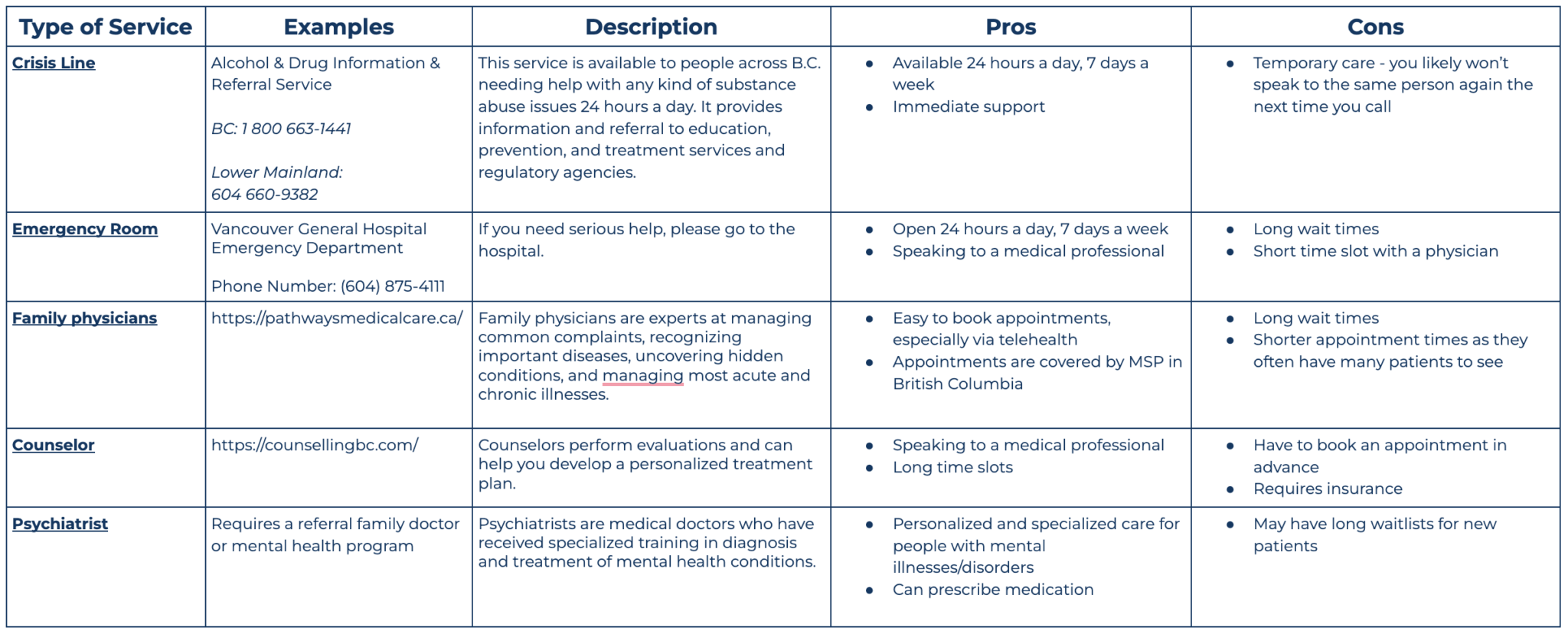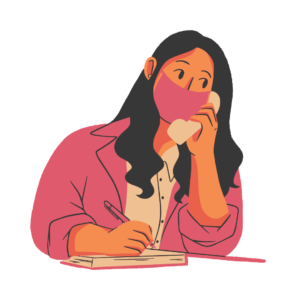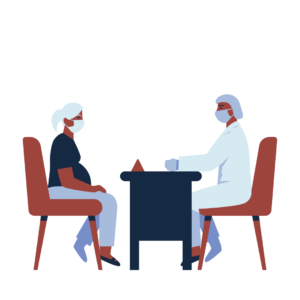Risk Management
-
Introduction to Risk ManagementWhat is Risk Management?
-
Importance of Risk Management
-
How Do I Set a Goal?
-
Reflection Activity: What I Want and What is Important to Me
-
High-Risk SituationsWhat Can Lead to My Increased Risk
-
What Else Can Increase My Risk
-
Activity: What Are My Triggers
-
Activity: What Else Increases Risk?
-
Summary
-
CrisisWhat Is a Crisis?
-
What Are 5 Things I Can Do During a Crisis?
-
What Types of Support are Available and How Can I Access it?
-
Crisis Plan Worksheet
-
Development and GrowthWhat's Emotion Got To Do With It?
-
Activity: Self-Reflection
-
Summary: Emotions
-
What's Thoughts Got To Do With It?
-
What If I'm Craving To Use?
-
Activity: Coping Strategies
-
Summary: Thoughts
-
AnchorsWhat is Recovery?
-
What are Some Anchors of Recovery?
-
Activity: Substance Use Demotivators and Motivators + Pros and Cons of Recovery
What Types of Support are Available and How Can I Access it?
Importance of talking to social networks for support:
It is common for people who use substances to feel guilty or ashamed about their behaviors; these feelings can sometimes cause people to isolate themselves. However, relying on others for support can actually be very helpful. Social support helps hold you accountable for your recovery, gives you someone to call during difficult times, and helps remind you that you are not alone. You can find support through relying on your family and friends, through peer support groups, or connecting with a mentor/sponsor.


Peer support groups: participating in a support group such as Alcoholics Anonymous (AA), Narcotics Anonymous, or SMART groups provides support, accountability, education, and the chance to meet others who understand what you are going through.
Sponsor or mentor: a sponsor or mentor is someone who has been there, who has experienced their own addiction, and who knows what it is like. Sponsors are there to guide you one-on-one through your recovery journey by offering wisdom, tips, and empathy. If you are feeling down, experiencing cravings, or facing a difficult situation that may lead to risky behaviours, you can call your sponsor to help you through it. If you think this may be useful to you, consider connecting with a sponsor.
There are many different types of support you can access:

Contacting Professionals:
Do not wait until you are in a crisis to reach out to a professional, reach out when you notice your warning signs. Professionals are there to help you. You can ask for assistance from your general practitioner (GP), mental health professional (counsellor, psychologist, psychiatrist), pharmacists, ACT team, etc.
If you are looking for a new professional/don’t have someone you can reach out to:
- Visit the Navigation of Healthcare Module. This module will help you better understand the healthcare system and how to best access the services you need. There is also an interactive map to connect you with healthcare resources in Vancouver, Canada.
- Visit a Walk-in-Clinic
- If you need serious help, please call 911 or go to your nearest hospital
You can also reach out to substance use groups, such as SMART Recovery, Alcoholics Anonymous, etc. Find a local group to visit, most of them are drop-in.
Lastly, you can also look into substitution treatment. See the Substitution Treatment Module for more information.


